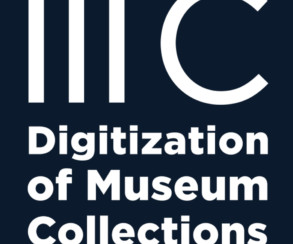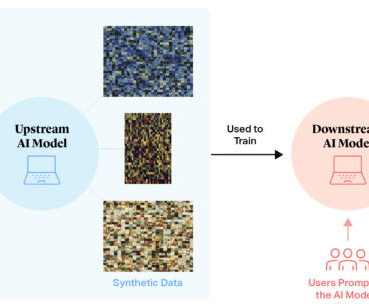Please share nicely — From Database directive to Data (governance) acts
Kluwer Copyright Blog
AUGUST 18, 2021
For public sector bodies — producers and holders of vast quantities of data — as well as for the companies that act as suppliers, the sui generis database right has been slowly eroded since 2003. A major issue on the Commission’s agenda is Business to Business (B2B) sharing of data. Stage I: to the Open data directive.



















Let's personalize your content